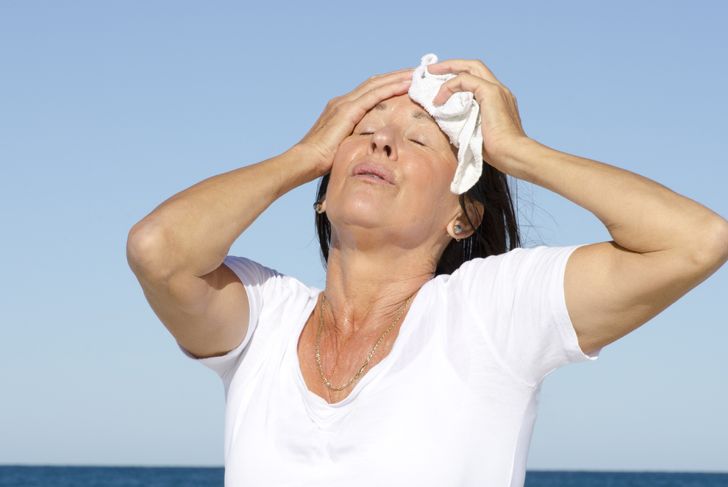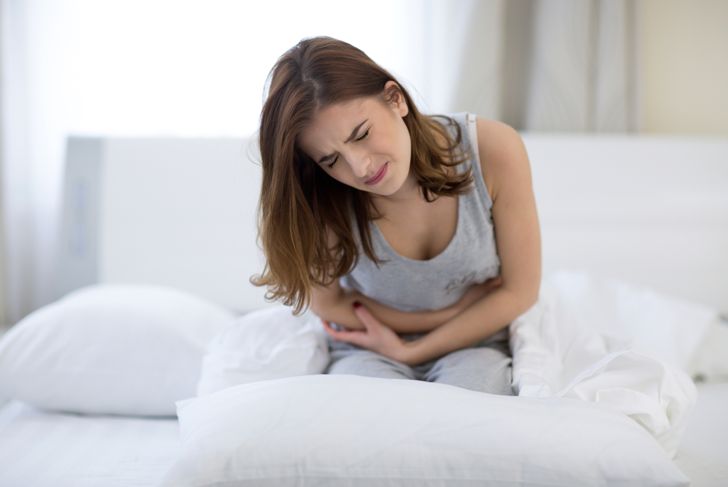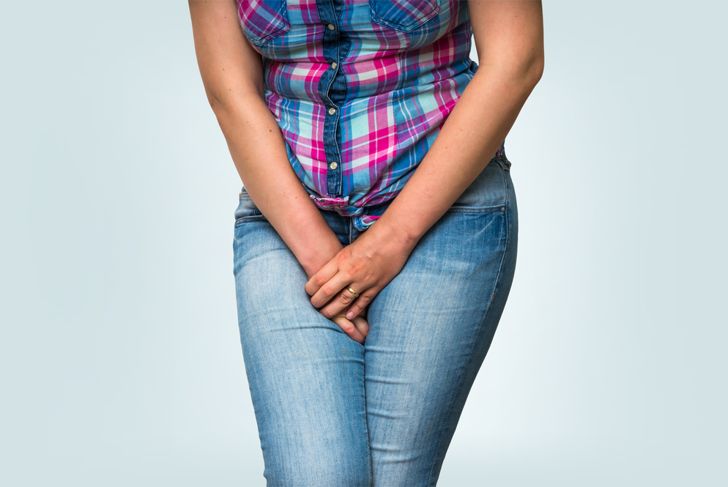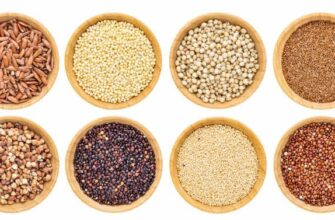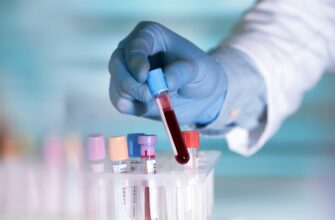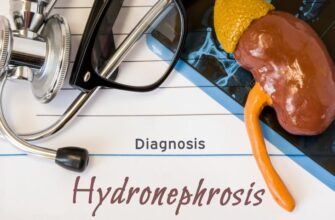Perimenopause, commonly known as menopause transition, is the period which usually occurs a few years before menopause. During this period, the ovaries produce less estrogen, which is the primary female sex hormone. Women will usually experience Perimenopause at the start of their 40s, although they can also experience it in their 30s and in some cases even before their 30s. Find out the 10 most common symptoms of perimenopause.
Hot Flashes
A hot flash, occasionally called a hot flush, is a feeling of heat in the body. It may be accompanied by a red and flushed face, and sweating may be present. Even though the exact cause of hot flashes remains unknown, it is thought that changes in circulation cause an increase in the amount of blood flow to the skin, causing heat. Some women also experience a rapid heart rate or chills when they have a hot flash. The duration of hot flashes will vary from person to person. They can be short or last for a long time, and they may be acute or chronic. In most cases, as time passes, so does the amount of hot flashes a person experiences.
Fatigue
Fatigue is one of the most common symptoms of perimenopause. Feeling extremely tired, regardless of the amount of time you sleep, is a common complaint amongst many women. In fact, the feeling of exhaustion may be so intense it makes you feel as if you could collapse at any instant. At the same time, many women report insomnia or an unusual sleeping pattern. In some cases, people have reported dozing off for a few hours and then being unable to fall back asleep after waking up. Nightmares are also a related symptom that accompanies fatigue.
Mood Swings
Experts consider mood swings to be one of the earliest indications of perimenopause. They can even begin before your menstrual cycle shortens. It is reported that up to 40% of women experience mood swings as a result of hormonal changes. Mood swings may cause a variety of emotions to become suddenly overwhelming and intense, including feelings of rage, anxiety, or despair. Mood swings usually come and go, but the intensity and frequency of mood swings ultimately depends on each individual. Some studies also point out to the fact that people with perimenopause have an increased risk of depression. Perimenopause also worsens conditions such as PMS or postpartum depression.
Irregular Periods
Another common part of the perimenopause experience are irregular periods. Some women experience periods earlier or later than usual, and their duration may also vary. It is important to know that irregular periods have many causes, including a change in method of contraception or imbalances of the reproductive hormones estrogen and progesterone. If you are experiencing irregular periods and other symptoms such as blood clots or seeing spots after sex, you should consult your doctor to rule out other potentially harmful causes.
Reduced Cognitive Function
A recent study published in the prestigious scientific Neurology magazine discovered that around 60% of women with perimenopause experience various cognitive problems that inhibit their ability to learn, remember, or process thoughts and ideas. This makes it more difficult to learn new things, and concentration is considerably more difficult. Luckily, this is only temporary, as cognitive function usually returns to normal levels once perimenopause ceases. Because of impaired cognitive function, it may be difficult to keep track of finances, schedules, or other complicated matters. It may also have effects on your social life, making it more difficult to transmit ideas to other people.
Night Sweats
One of the most common symptoms of perimenopause is night sweats. Most women report having night sweats at some point during their lives. Usually, night sweats often begin between a woman’s breasts a few nights before her menses. In many cases, the amount of sweat wakes her from sleep; do not be alarmed if your bed sheets feel completely damp. Afterwards, many people experience drenched chills, similar to the chills you experience when you have a fever. Another consequence of night sweats is difficult in recalling dreams. Because night sweats interrupt your regular sleep schedule, you may experience a loss of clarity and vividness in your dreams.
Lower Sex Drive
Many women with premenopausal experience a general loss of interest in sex. A loss of sexual energy is one of the most common symptoms of perimenopause. The duration and frequency of this symptom vary from person to person. Some people report a period of increased sexual activity followed by a longer period of decreased sexual appetite. The onset of reduced libido can be gradual or sudden. It can also be accompanied by pain during sex. Some women experience intense pain, often described as “abrasive” during vaginal penetration. It is important to discuss such symptoms with your partner in order to avoid misunderstandings.
Joint and Muscle Pain
A frequent complaint amongst women experiencing perimenopause is pain in the muscles, joints, or bones of the body. The pain may be accompanied by soreness, stiffness or warmth in the affected areas. Sometimes the pain develops into a condition known as carpal tunnel syndrome; in some cases, theses symptoms may also be indicative of other diseases or conditions. Because of stiff muscles, you may find it difficult to execute everyday activities such as getting up from a chair or walking up stairs. This may lead to lower back pain or a stiff neck. It is important to stretch daily in order to promote more flexibility.
Urinary Urgency
Urinary urgency is the sensation of having to urinate at all times, even right after urination. This uncomfortable feeling is common among people with perimenopause, and can often be confused with urinary tract infection. Another related problem is urinary incontinence, meaning the spontaneous loss of urine. This can occur, for example, when coughing, sneezing, or performing a certain movement. Incontinence is caused by a loss of control over the muscles that allow urine to be passed. The progressive weakening of the pelvic muscles may also contribute to these symptoms.
Food Cravings
One of the most frequent symptoms associated with perimenopause is food cravings. These cravings – often uncontrollable and intense – are caused by hormonal changes in the body. The high amount of stress experienced by people with perimenopause may also cause food cravings to appear. In most cases, the cravings will be for sweet or salty foods, but in occasions, they can be for sour or pungent foods. This may, in the long term, lead to increased weight gain, especially because the food craved is often junk food, with little to no nutritional value.

 Home
Home Health
Health Diet & Nutrition
Diet & Nutrition Living Well
Living Well More
More